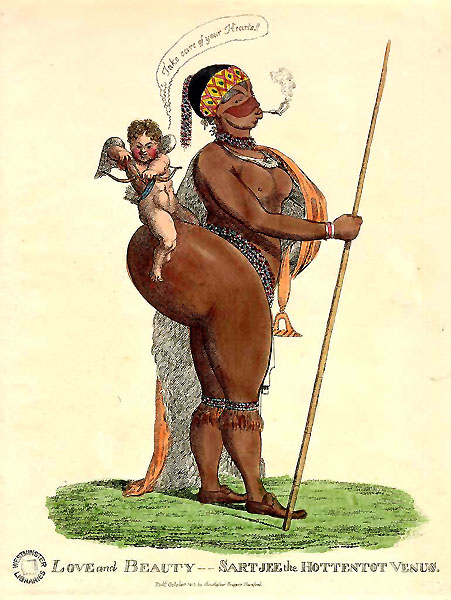In todays miniature, roshi confesses to a poor memory. He describes the tricks he uses to support his memory and how in the end they fail him.
Exactly what is the teaching here?
Is it that old men have poor memories? No. Is it that the tricks we use to hide our failing are all useless? Maybe. Is it that knowing we are naked at all times, it is still fun to play? This feels pretty close.
I'm reading James Krenov's "The Impractical Cabinetmaker" and what strikes me is how Krenov strips away all the jargon and talk of technicalities and advocates trusting our hands much the same way a Zen Master would strip away doubt and self-talk and advocate direct practice. Krenov ponders the problem as he sees it, that many craftsman loose their connection with the material and force their will on it. This leads to disasters of failure in design and execution all for the sake of showiness.
"Snagged in the pros and cons of technicalities we forget the broader meaning of a method and its relationship to our material... Being inventive at the expense of being sensitive may take us away from our best intentions and from the honest center of our craft... Craftsmen approach the work itself as having a definite and vital connection between the methods used and the nature of the result."
"Simplicity is at the heart of so much that is fine... Simplicity needn't be crude; it can, and should, include the sensitive... When the simple becomes obvious: a band of small discoveries, strung like pearls on a thread of curiousity, lend richness to our work."
James Krenov
The Impractical Cabinetmaker 1979
Any error or confusion created by my commentary on
Miniatures of a Zen Master
is solely a reflection of my own delusion and ignorance.
Any merit generated by this activity is solely the result of
Aitken Roshi's clear teaching and is dedicated to
all Buddhas and Bodhisattvas throughout space and time.













.JPG)









